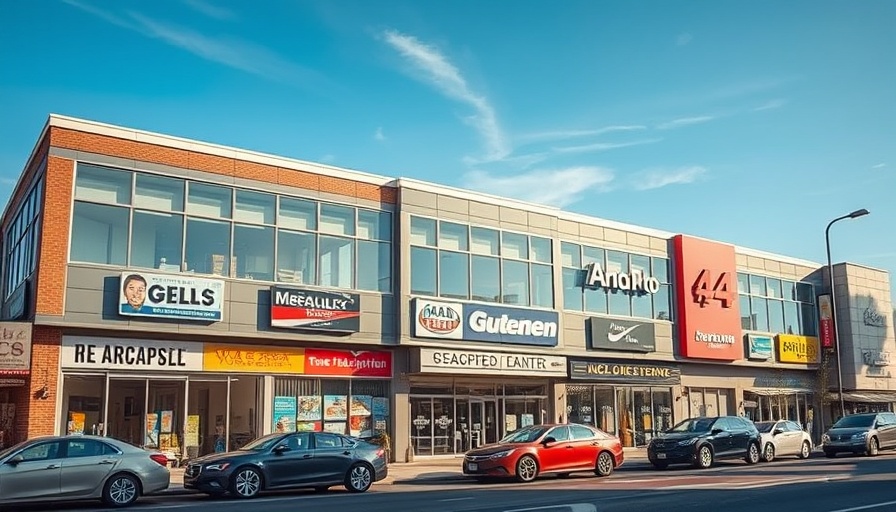
A Judge's Ruling Brings a Temporary Halt to the Pepper Square Redevelopment
The ongoing controversy surrounding the redevelopment of Pepper Square in Dallas has taken a significant turn, as a judge has halted the project following claims of illegal spot zoning by a neighborhood association. This development leads to an upcoming jury trial scheduled for the fall, marking a critical juncture for both city officials and local residents invested in the future of this prominent site.
Understanding the Legal Battle
At the heart of this disagreement is a compelling legal argument presented by the homeowners. They argue that the city’s decision to rezone the property violates regulations designed to protect neighborhoods from inappropriate developments. Spot zoning, a term used when a specific parcel of land is designated for a different use than surrounding properties, is often criticized for undermining the overall planning goals that aim for community coherence.
This legal conflict illustrates a broader concern amid the rapid growth of Dallas, where the interests of developers frequently clash with those of residents. In this case, the neighborhood association’s active resistance has instigated a pause, delaying what was anticipated to be a transformative redevelopment process. Developer plans included a mix of residential and commercial spaces intended to revitalize the aging shopping center that forms the core of Pepper Square.
Community Sentiment and Local Businesses
Residents' concerns often revolve around preserving the character of their neighborhoods and mitigating potential impacts such as increased traffic and a potential change in community dynamics. A local business owner, who has been an active part of the community engagement, expressed that while development can bring economic growth, it should not come at the expense of displacing long-standing community members or altering the area's identity.
Dallas businesses, already stretching to meet the demands of a booming population, must also consider how such developments can affect their own operations. The balance of benefiting small businesses while ensuring community needs are met is tricky. Some local business owners worry that big developments may overshadow smaller businesses that serve essential needs within the community.
The Bigger Picture of Urban Redevelopment in Dallas
This case at Pepper Square is not isolated. It's reflective of the ongoing challenges faced in urban redevelopment across major U.S. cities where rapid growth often leads to conflicts between developers and local residents. Histories of gentrification and displacement make these cases sensitive, as communities look to protect their environment, culture, and local economies. Moreover, how cities navigate these legal hurdles will shape future development projects in the Dallas area.
Future Implications for Dallas's Development Landscape
As this case heads to trial in October, it raises important questions about the future of zoning laws and their enforcement in Dallas. Professionals in urban planning and local governance must watch closely as the outcome may influence how similar future developments are approached, potentially leading to more stringent measures regarding neighborhood engagement and legal standards in city planning.
Encouraging Community Dialogues
The ongoing dialogue between developers, local businesses, and homeowners is crucial. Advocacy groups encourage active engagement from residents to express their views on redevelopment projects. Not only does this empower communities, but it also creates avenues for collaborative solutions that can benefit both economic growth and the preservation of community values. Local forums and city council meetings serve as platforms for these discussions, guiding developers on best practices that consider existing community dynamics.
The Pepper Square case emphasizes how vibrant communities should have a voice in decisions impacting their lived environment. Staying informed and participating in local governance is essential, allowing residents to shape the future of their neighborhoods effectively.
 Add Element
Add Element  Add Row
Add Row 



 Add Row
Add Row  Add
Add 


Write A Comment